By Bruce P. Cameron
December 17, 2009
Consortiumnews.com
As Washington’s long debate on the Afghan war unfolded, one group had an unhealthy advantage though – based on its record – it should have had no influence at all. These are the neoconservatives, and they have captured The Washington Post’s editorial pages along with other outlets of elite opinion.
Over the past three decades, the neocons have carved this important place for themselves in Washington by purporting to stand for liberal values, such as democracy and human rights, while using those worthy goals to justify the frequent use of military force.
For the neocons, war also is not just a last-resort option. Rather, it is how they have gained – and how they maintain – their prominence. When the United States is at peace – or without a war looming – the neocons are at a loss.
(Of course, one of the signature characteristics of the neocons is that few have served in the military next to the soldiers whose blood the neocons so reflexively are willing to spill as a “solution” to nearly any problem. As elite intellectuals, the neocons view soldiers from inner-city or small-town America as expendable for the grander cause.)
What the neocons do excel at is the internal Washington policy debate. They are well-schooled and self-assured; they are fierce debaters; they understand media; and they don’t hesitate to question the patriotism or toughness of anyone who disagrees with them.
On the Iraq War, the neocons were the ones who gave inspiration to two of their own, L. Paul “Jerry” Bremer, head of the occupation, and Douglas Feith, Under Secretary for Policy in the Defense Department, who was responsible for day-to-day Pentagon operations in Iraq in 2003.
In eight days – after the U.S. invading force had ousted Saddam Hussein’s government – Bremer and Feith changed the whole tenor of the occupation from a quick get-in and get-out to a complex nation-building scheme that was designed to bring free-market “democracy” to Iraq.
Bremer and Feith did this by abolishing the Iraqi army and the civilian bureaucracy, thereby placing American solders in the middle of a Sunni insurgency that followed soon afterwards.
Con't..
http://www.consortiumnews.com/2009/121709a.html
Subscribe to:
Post Comments (Atom)

 .
.








 May love and laughter light your days,
and warm your heart and home.
May good and faithful friends be yours,
wherever you may roam.
May peace and plenty bless your world
with joy that long endures.
May all life's passing seasons
bring the best to you and yours !
*******
Thanks Pbtrue1. :)
May love and laughter light your days,
and warm your heart and home.
May good and faithful friends be yours,
wherever you may roam.
May peace and plenty bless your world
with joy that long endures.
May all life's passing seasons
bring the best to you and yours !
*******
Thanks Pbtrue1. :)




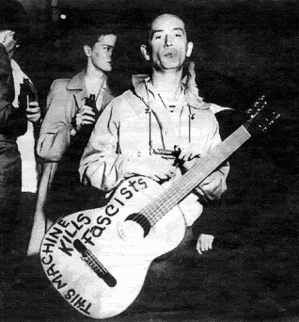
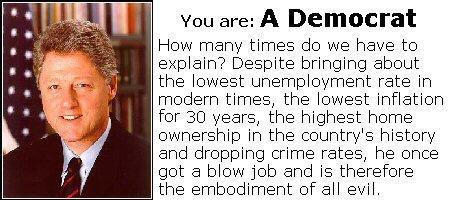











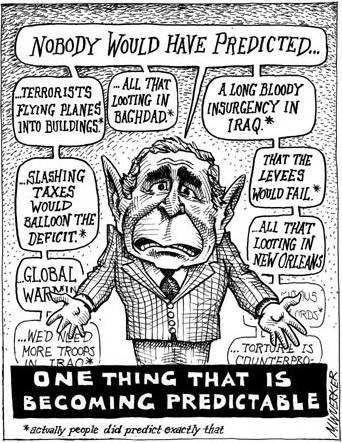

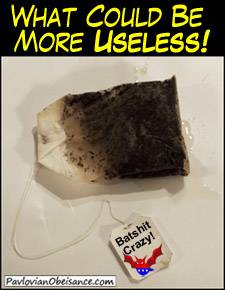







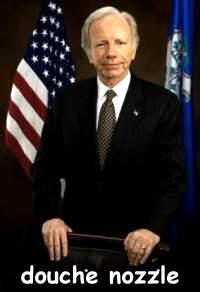

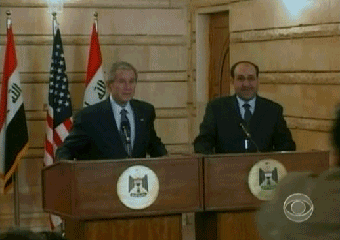




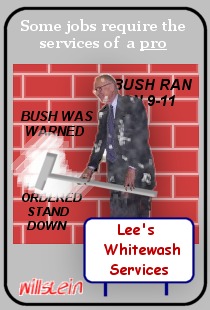









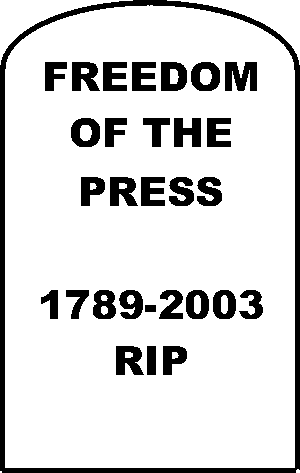




 .
"Hello to our friends and fans in domestic surveillance."
.
"Hello to our friends and fans in domestic surveillance."







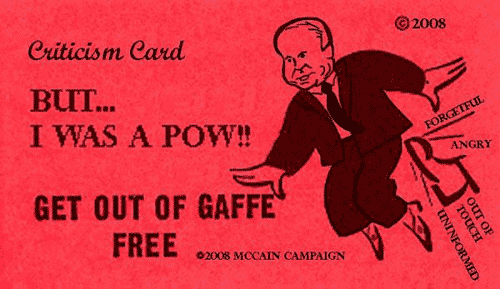


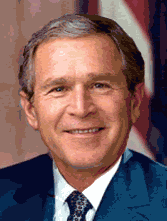







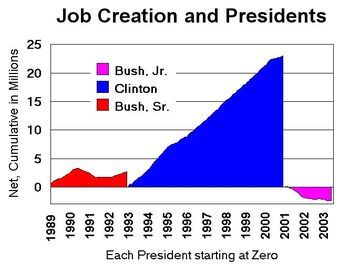
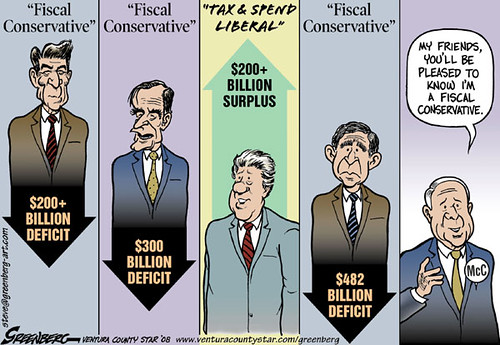











 *Hee Hee*
Submitted by Alice on Sun, 08/05/2007 - 4:02am.
MM.. :)
*Hee Hee*
Submitted by Alice on Sun, 08/05/2007 - 4:02am.
MM.. :)
 I'm Eighteen (Album Version)
I'm Eighteen (Album Version)
No comments:
Post a Comment